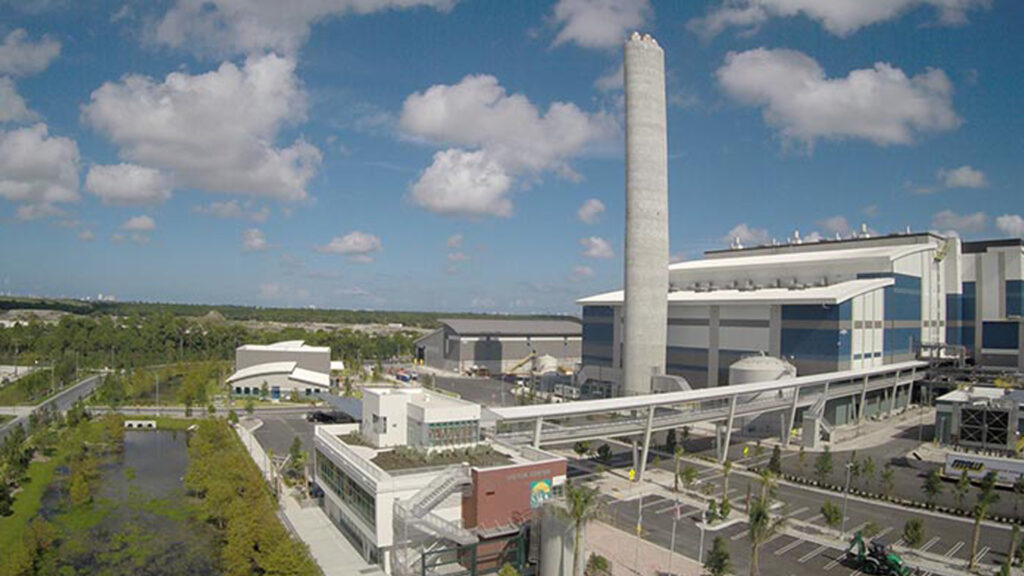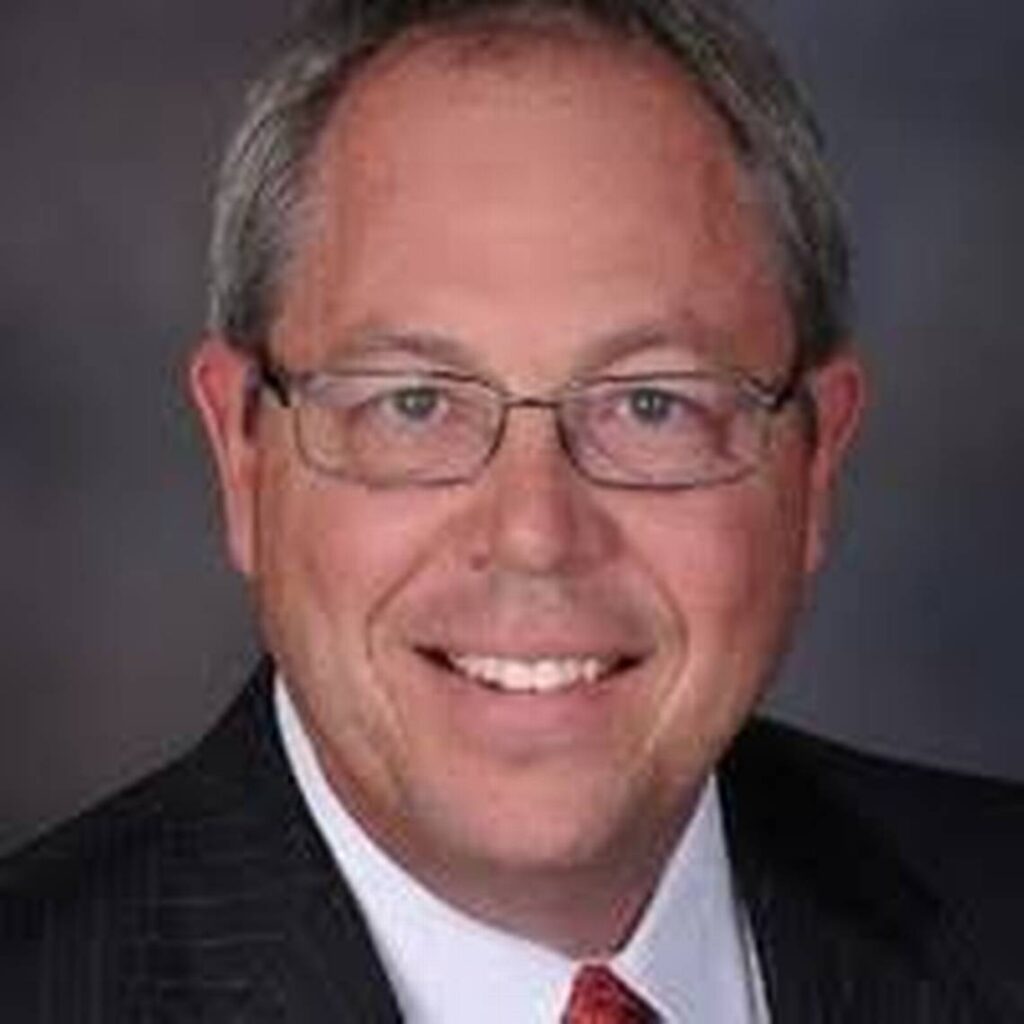By Joe Kilsheimer, Florida Waste-to-Energy Coalition
We believe Miramar Mayor Wayne M. Messam is misinformed about the subject of waste-to-energy (WTE), the technology behind Miami-Dade’s proposal that would help manage the disposal of the county’s garbage for decades into the future.
In an op-ed, Mayor Messam suggests that WTE proponents claim that a new WTE facility for Miami-Dade would have “zero emissions” and “no smells.”
The mayor is not specific about the origin of those claims, but here’s the truth: There is no technology for managing garbage (whether via recycling, composting or anerobic digestion) that has zero emissions. No one claims otherwise. In the waste industry, our goal is to reduce the environmental burden of municipal solid waste.
In South Florida, there are only two choices for the environmentally responsible, cost-effective disposal of post-recycled solid waste: Landfills or WTE facilities, and there are big differences between the two.

Let’s be abundantly clear: WTE facilities and their emissions are stringently regulated by both the federal and state government under science-based standards demonstrated to protect human health. In fact, a recent Miami-Dade study of the alternative sites for a new WTE facility found, “… the worst-case health risk at all three sites is below the risk posed by simply walking down the street and inhaling car exhaust.”
When you compare the environmental performance of WTE vs. landfills – the only other solution for disposing of garbage – the comparisons are favorable. That’s because landfills emit methane, which the U.S. Environmental Protection Agency calls a “climate super-pollutant,” that is many times more potent than carbon dioxide and is responsible for approximately one-third of the warming from greenhouse gases occurring today.
As for “no smells,” the industry professionals I work with all agree: Garbage stinks.
However, in modern, mass-burn WTE facilities, odors are mitigated by the design and operation of the facility.
Here’s how: As part of the WTE process, giant industrial fans continuously draw air from areas of the facility where waste is received and stored. The air flow creates an “envelope” of negative pressure around the exterior of the facility, keeping odors inside. The air is also vital to ensure the efficient combustion of waste at temperatures between 1,800- and 2,500-degrees Fahrenheit.
Oddly, the op-ed attacks the Palm Beach County WTE facilities, which are regarded by industry insiders as some of the most modern and well-run facilities in the nation. I would encourage the mayor to make a visit.

The facility lies less than a mile from a community with multi-million-dollar homes and a world-class golf course. The same can be said for Broward’s current WTE facility which sits less than two miles from the Hard Rock Casino; hardly in an area that has experienced adverse growth or a drop in property values.
Why does Florida, especially South Florida, rely so much on WTE? It’s our natural, high-water table, which prevails throughout the region. This means that there is no good place to put a new landfill, meaning that Miami-Dade must take measures necessary to preserve what landfill space remains left.
Finally, the op-ed pushes the idea of “zero waste.” We would all love to live in a world where there is no garbage. However, that is not reality. Americans produce nearly five pounds of garbage a day, up from one pound per day just 50 years ago.
Since 2010, California has passed many “zero waste” laws resulting in a 25% increase in waste going to landfills.
Local governments have the responsibility to handle municipal solid waste in a way that doesn’t harm our environment, is sustainable and is compatible with its neighbors. That is exactly what WTE does, and will do.
Joe Kilsheimer is executive director of the Florida Waste-to-Energy Coalition. This opinion piece was originally published by the Miami Herald, which is a media partner of The Invading Sea.
If you are interested in submitting an opinion piece to The Invading Sea, email Editor Nathan Crabbe at ncrabbe@fau.edu. Sign up for The Invading Sea newsletter by visiting here.



